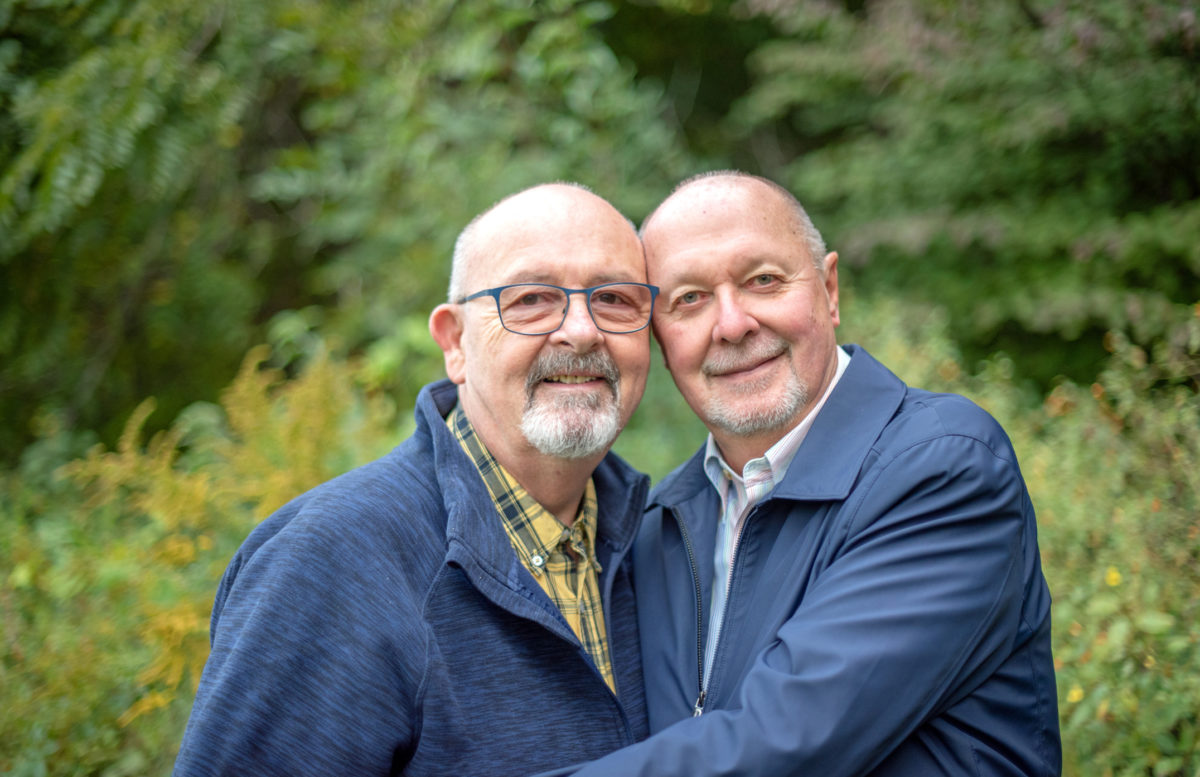Addressing heart disease among LGBTQ+ elders
Source: SAGE – Advocacy & Services for LGBTQ Elders
Cardiovascular disease remains the leading cause of illness, disability and death globally, despite advances in medicine. LGBTQ+ elders face greater risks of cardiovascular disease, heart attacks and strokes than the general older adult population. This may be due to prolonged stress, chronic medical conditions and other social/environmental factors.
The American Heart Association (AHA) underscores the significance of enhancing cardiovascular health among LGBTQ+ adults. AHA identified exposure to psychosocial stressors throughout life and unhealthy coping mechanisms as key contributors to cardiovascular health disparities in the
LGBTQ+ community.
Research has shown an increased risk for heart attacks and strokes among transgender women, as well as an increased risk for blood clots among transgender individuals. It is important to speak with your physician about these risks prior to starting gender-affirming hormone treatment.
The AHA recommends that LGBTQ+ elders discuss their heart disease risk factors with their health care professional, as well as have their cholesterol and blood pressure checked regularly.
The following tips from the AHA can help anyone improve their heart health and should be adopted by anyone with heart disease risks, including LGBTQ+ older adults.
Quit substances: Do not use tobacco products, and drink alcohol only in moderation.
Be active: Aim for 2 ½ hours of moderate physical activity each week.
Manage weight: The optimal Body Mass Index (BMI) is below 25.
Control cholesterol: High levels of non-HDL (or “bad”) cholesterol can lead to heart disease.
Watch blood sugar: Over time, high levels of glucose (blood sugar) can damage your heart, kidneys, eyes and nerves.
Manage blood pressure: Levels less than 120/80 are optimal. High blood pressure is defined as 130-139 systolic (top number) or 80-89 diastolic (bottom number).
Eat healthy: Aim for a healthy eating pattern that includes whole foods, fruits and vegetables, lean protein, nuts, seeds, and cooking in non-tropical oils, such as olive and canola.
According to SAGE, “to support their health, we must educate, promote regular medical care, and empower advocacy. This ensures LGBTQ+ elders’ needs are respected and addressed.”
For more information, go to the site sageusa.org.




